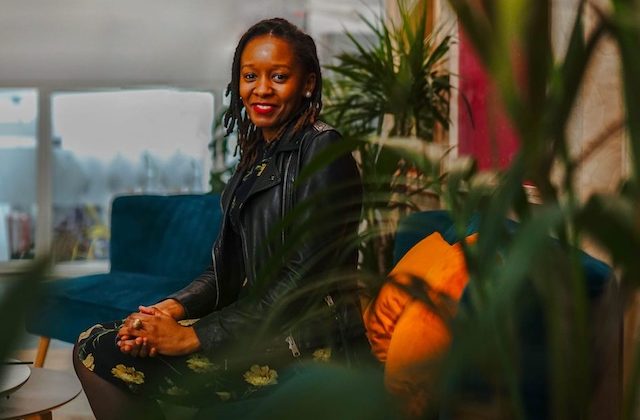When did you realize that COVID-19 was a health crisis to be taken seriously?
The realization for me came after I was speaking to one of my good friends over Zoom who was living in Madrid at the time and was trying to decide if she should fly back to the UAE to join her family. Listening to the actions that the Spanish government were putting into place made me realize what was to come. I started warning all my loved ones to take extra precautions, despite how lax the advice was here.
How has it impacted you personally, and your family in Uganda?
I haven’t been impacted directly, and I’m thankful for that. My mother and brother on the other hand weren’t as fortunate and contracted COVID 19. It was interesting to see how the healthcare response differed in their respective countries of residence. My mother who lives in the UK was told to stay at home and rest it off and never actually got tested. Whereas my brother in the US was able to get a test. I also lost a family friend to COVID 19, it was really sad, she had a persistent cough and just never woke up the next morning.
One of the hardest things during this time has been grieving during lockdown whilst maintaining social distancing. As a people, Ugandans are so communal when it comes to supporting one another; we grieve collectively in lumbes. Not having the opportunity to do that and attending virtual funeral services was incredibly difficult.
My family back home, like many of us, have had to pause several projects they had planned. But I have to say, their version of lockdown has been very different to ours here, more relaxed (except for the curfew!) as the infection rate wasn’t as high meaning they’ve been able to visit one another and generally be less cautious than we’ve had to be.
As founder of Elevate 256, and as content creator, in what ways have you used your platform and social media to engage the Ugandan community?
I had to cancel an event a week or so before lockdown for obvious reasons, but I saw the opportunity to collaborate with other members of the community using online digital platforms and so the Lockdown Series was quickly birthed in collaboration with Norah and Melissa from the 256 Collective, another Uganda diaspora organization.
We were very intentional about hosting events that were interactive, light and positive to balance out the heaviness of the pandemic. So we had virtual cook-alongs, teaching people how to make quintessential Ugandan food that they have missed like chapati and beans, a bake-along, as well as a Chat and Chai session to provide a space to talk about mental health and how everyone was coping. The series also provided an opportunity to continue amplifying Ugandan business owners, who probably needed the traffic more than ever with the precariousness that the pandemic has created.
Separate from that, I developed and curated a series, The Lockdown Chronicles which featured individual accounts from Ugandans in the global diaspora sharing how the pandemic has affected their lives. The individuals I selected came from different walks and included doctors on the frontline to stay at home mums.
It was wonderful to see people sharing so honestly as they touched on loneliness, frustration, and the disruption to their daily routines. I have to say, the final entry by Dr Yusuf Kiberu was one of the most poignant as he shared writing his first COVID 19 death certificate and the pitfalls of clinical heroism. Jackie Dumba’s account was also very endearing.
What long term impact will this crisis have on people in the creative industries such as writers and other artists?
If anything, there will be plenty of content derived from the plethora of experiences and individual accounts due to how unique this time has been. And perhaps they’ll be less room for ‘softer’ content as the world grapples with the challenges ahead post COVID 19.
Interviewed by Lydia Kakwera Levy


